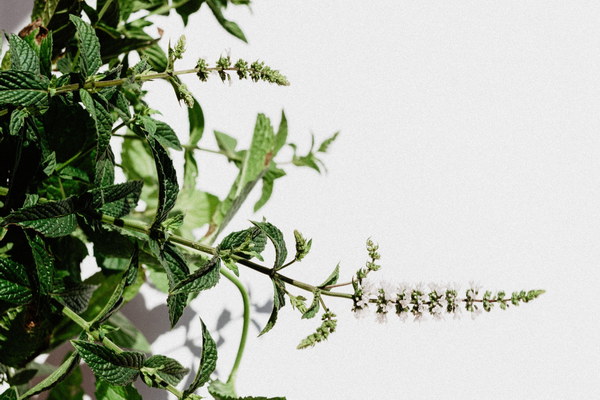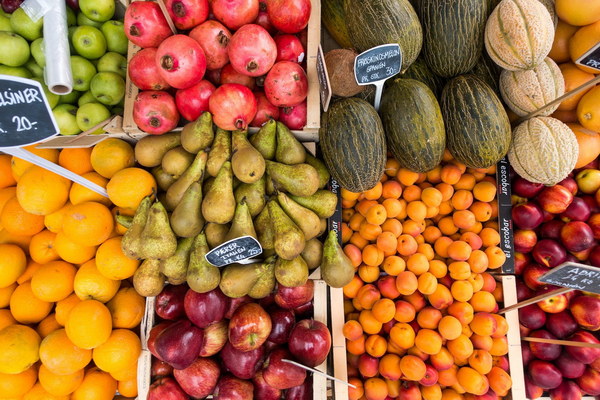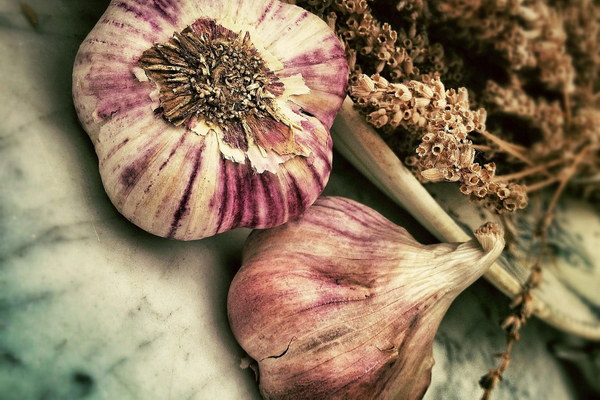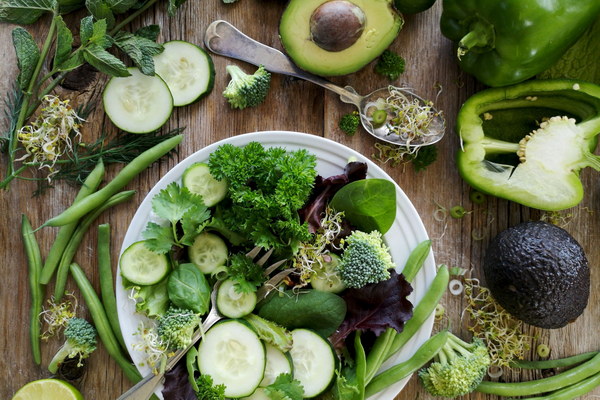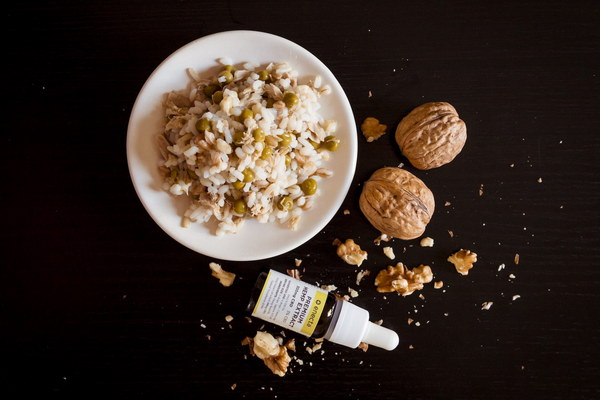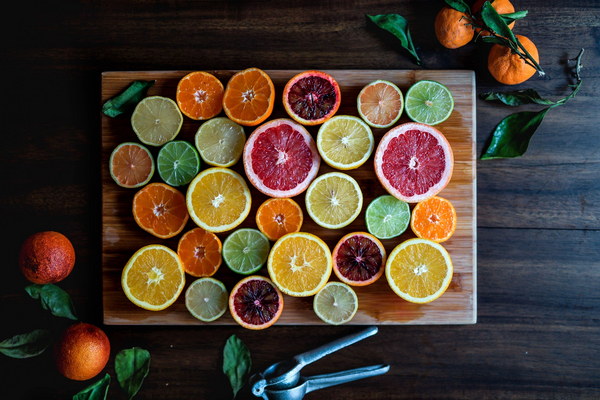Traditional Chinese Medicine Natural Solutions for Dampness and Swelling Relief
In the realm of traditional Chinese medicine (TCM), the concept of dampness is a common ailment that can manifest in various ways, including swelling. TCM views the body as an intricate system of interconnected organs and meridians, where imbalance can lead to various health issues. This article will delve into the principles of TCM, focusing on the causes and remedies for dampness and swelling, providing natural solutions to achieve harmony and relief.
Understanding Dampness in TCM
In TCM, dampness is considered an excess of dampness in the body, which can lead to various symptoms, including swelling, fatigue, and weight gain. This excess dampness can arise from several factors, such as poor diet, excessive moisture in the environment, or certain health conditions.
Causes of Dampness:
1. Poor Diet: Overindulgence in cold, raw, or greasy foods can lead to an accumulation of dampness in the body.
2. Excessive Moisture: Living in a damp environment or being exposed to excessive moisture can contribute to dampness.
3. Genetic Factors: Some individuals may be genetically predisposed to dampness.
4. Other Health Conditions: Dampness can also be a result of other health conditions, such as kidney dysfunction or liver disorders.
Symptoms of Dampness:
1. Swelling: Dampness can lead to swelling in various parts of the body, including the legs, ankles, and abdomen.
2. Fatigue: Experiencing persistent tiredness or lack of energy.
3. Weight Gain: Unexplained weight gain, especially in the abdomen or legs.
4. Mucus Production: Increased production of mucus in the respiratory system.
5. Indigestion: Difficulty digesting food, leading to bloating and discomfort.
Natural Remedies for Dampness and Swelling in TCM
1. Diet: A balanced diet is crucial in managing dampness. Avoid cold, raw, and greasy foods, and incorporate warm, cooked foods that promote digestion. Some beneficial foods include ginger, garlic, onions, and green tea.
2. Herbs: TCM utilizes various herbs to alleviate dampness and swelling. Some commonly used herbs include:
- Astragalus (Huang Qi): Boosts the immune system and eliminates dampness.
- Atractylodes (Cang Zhu): Helps to drain dampness and improve digestion.
- Poria (Fu Ling): Eliminates dampness and promotes urination.
- Cinnamon (Rou Gui): Warms the body and improves circulation.
3. Acupuncture: Acupuncture therapy can help to balance the body's energy, known as Qi, and alleviate dampness. Specific acupuncture points are targeted to stimulate the body's natural healing processes and reduce swelling.
4. Tai Chi and Qigong: These ancient practices involve slow, deliberate movements and breathing techniques, which can help to improve circulation, enhance digestion, and alleviate dampness.
5. Lifestyle Changes: Maintain a warm, dry environment, and avoid excessive moisture exposure. Additionally, get adequate rest, manage stress, and engage in regular physical activity to support overall health.
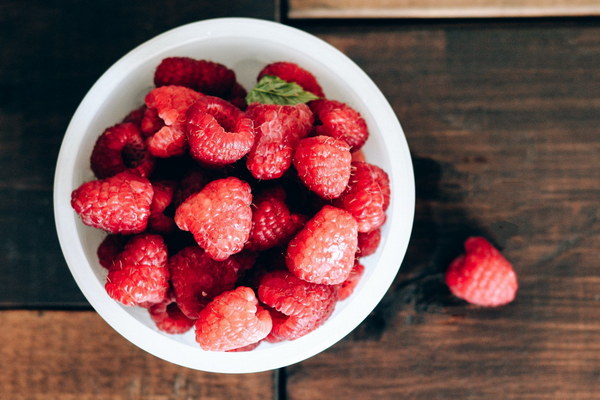
Conclusion
Traditional Chinese medicine offers a holistic approach to treating dampness and swelling. By addressing the root cause of the imbalance, TCM provides natural solutions that can lead to long-term relief and improved well-being. Incorporating these TCM principles into your daily routine can help you achieve a balanced, healthy life.


